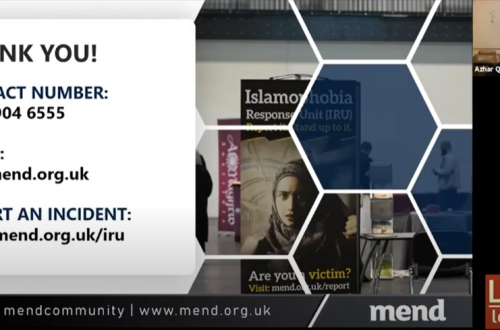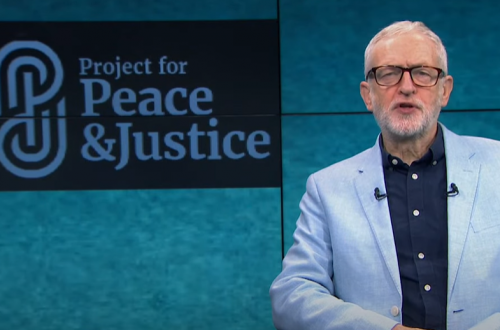On this morning’s Sunday programme (BBC Radio 4) there was a short feature about responses to a proposed eruv in Hale Barns, a village near Manchester. (An eruv is a ritual enclosure which allows strictly observant Jews to carry out a greater range of tasks on the Sabbath.) Many have registered objections. Clearly some may be driven by antisemitism – but are there legitimate grounds for concern? Although the nylon wire used should not be conspicuous, the project will require the use of 95 six-metre galvanised steel poles.
Mike Batman, Secretary of the Greater Manchester Humanist Association, strongly opposes the plans. When asked why he responded (26:30):
Because the area becomes known as a Jewish enclave. It attracts more Jews … the area will change its ethos.
This claim was later rebuffed by Rabbi Joel Portnoy (33:00), who asserted that elsewhere the addition of an eruv had had no effect on local demographics. (Another response to Batman’s point might have been to ask just why he would be so worried at the prospect of more Jews moving to Hale Barns.)
Neil Taylor, a former district councillor, also has concerns. His primary focus was the steel poles – but less because they might be unsightly than because they are ‘a religious symbol’ (28:20). He went on to say that the eruv would be bad for community cohesion.
A related point was raised on a Facebook page which opposes the eruv.
To many, a physical border, fence or wall, symbolic or not, implies territory or occupation. We don’t object to the presence of religious objects and symbols within Hale, in fact the more that exist, the more this feels like an inclusive community open to all. The moment a single faith cordons off an area though is the moment that inclusivity is damaged, and those not of that faith begin to feel like outsiders in their own community. The Eruv is very different to a cross on a church.
Although I can see the logic of this position, it seems a rather exaggerated response to a move designed to help a tiny fraction of Hale Barn’s Jewish population. Similarly, in this TV report on the controversy, I think the campaigner’s description of this as ‘segregation’ is mistaken.
I find the idea of a God who would violently object to someone carrying keys on the Sabbath unless they are surrounded by a fence of nylon wire quite bizarre; however I don’t feel strongly about the eruv myself. As no public money would be used to construct it, the principal objection is perhaps that raised at 32:40 – that its installation would cause disproportionate disruption, given that such small numbers would benefit – also the obtrusiveness of the steel poles.


